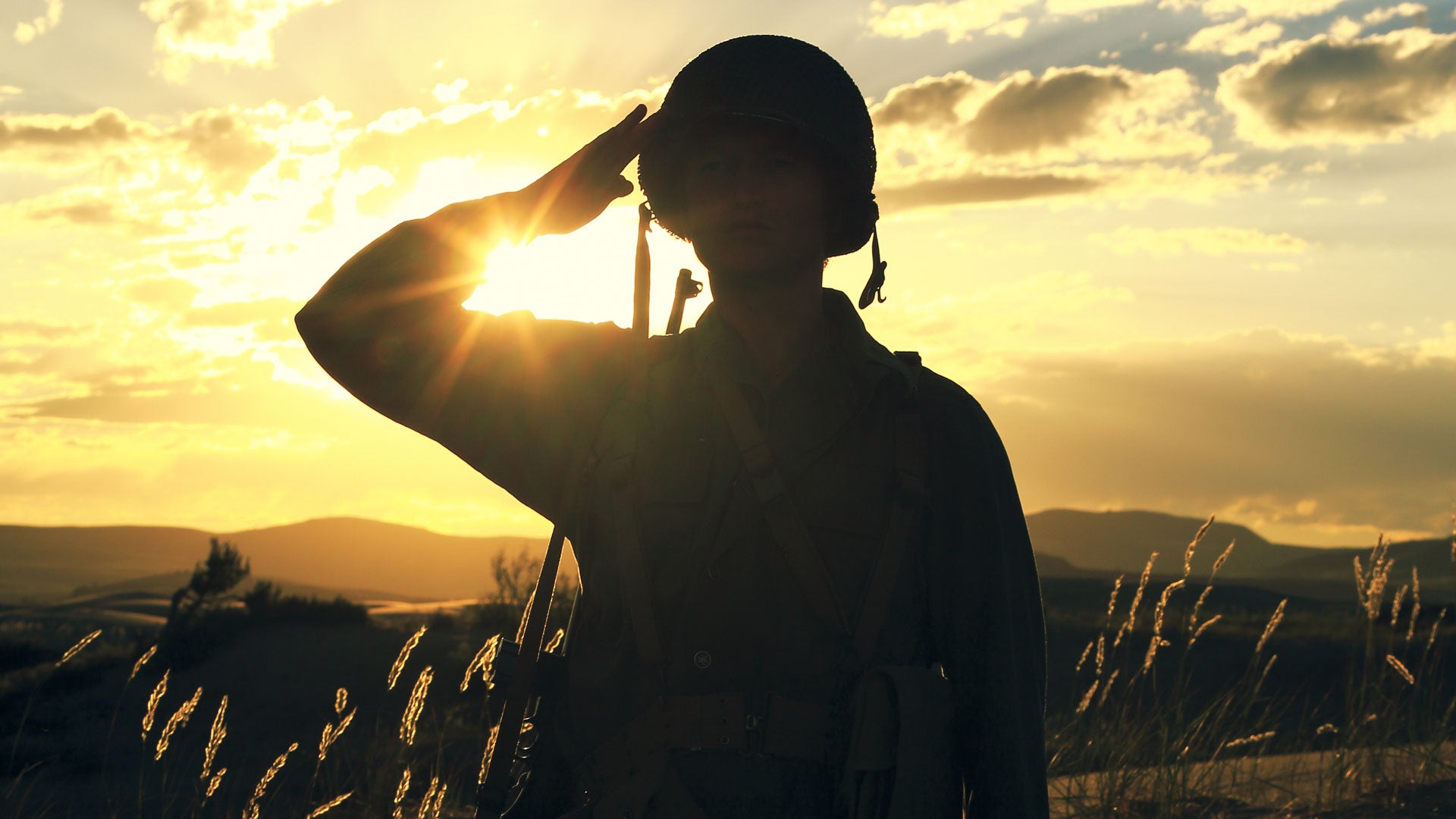In every democracy, different groups wield different kinds of influence. Farmers, workers, and regional blocs carry weight at the ballot box. Bureaucrats have institutional leverage, embedded as they are in the machinery of governance. The armed forces, by contrast, possess neither electoral heft nor political sway. Bound by law from forming unions or associations, they rely entirely on the state to speak on their behalf.
This structural imbalance has had lasting consequences. It helps explain why, despite being among the most respected institutions in the country, India’s armed forces have struggled for decades to secure parity in pay, allowances, and dignity of service.
Persistent inequities
The Seventh Central Pay Commission (CPC), submitted in 2015, underlined the divide. Officers deployed in Siachen—the most dangerous military posting in the world—received a capped “risk and hardship allowance” of ₹31,500. By contrast, an IAS officer posted in Shillong drew a “special duty allowance” that could exceed ₹60,000. Disability allowances for soldiers were shifted to a one-size-fits-all slab system, leaving many battle casualties worse off than civilian employees who sustained injuries in the safety of office or home.
Non-functional upgrade (NFU), a provision that allows civil servants to move up the pay scale once one batchmate does, remains denied to the military. For officers in a pyramidal structure where only 30 per cent make Colonel and fewer than one per cent rise to Major General, the absence of NFU enforces stagnation.
These are not new grievances. They mirror anomalies dating back to the Sixth CPC in 2008, when the service chiefs also withheld implementation until corrections were made. Nearly a decade later, the same demands—NFU, fair disability pensions, equitable pay for Junior Commissioned Officers, and a common pay matrix—remain unresolved.
A missing voice at the table
The composition of pay commissions itself reflects the problem. Though the armed forces comprise nearly a third of central government employees, no serving member has ever been included on a CPC. Promises of a separate military pay commission, or even of a military representative, were quietly dropped. Instead, commissions have been dominated by bureaucrats.
This absence of representation has less to do with malice than with design. Soldiers cannot lobby for themselves. They cannot organise, strike, or form electoral constituencies. Their ethos of political neutrality, essential for democracy, leaves them without the tools that other groups use to secure favourable outcomes.
The result is a recurring cycle: anomalies are identified, veterans protest, courts are petitioned, and eventual corrections are partial at best. Meanwhile, disparities widen, and morale frays.
Why this matters
For the individual soldier, these inequities translate into more than just numbers on a pay slip. They affect perceptions of dignity, status, and fairness. When a civilian officer in a safer post receives higher allowances than a soldier at Siachen, the message conveyed is not simply about money—it is about value.
For the institution, the implications are wider. Morale and retention suffer when officers stagnate, when disability is inadequately compensated, when lifetime earnings lag behind peers. Recruitment too is affected, as talented young Indians weigh the relative prospects of a military career versus the civil services.
Towards a more balanced approach
Acknowledging the structural imbalance does not require diminishing other services. It requires recognising that the armed forces, because of their unique restrictions and responsibilities, need a different kind of advocacy. One solution is the inclusion of a subject matter expert from the defence domain in the Eighth CPC. Such a voice could ensure that the realities of military life—early retirements, higher risks, steeper pyramids—are factored into policy.
Another is greater transparency in how parity is determined. Equivalence should reflect actual responsibility and hardship, not just the bargaining power of different cadres. Disability systems should ensure that those injured in the line of duty are never disadvantaged compared to those in administrative roles.
A test of fairness
India’s soldiers will never wield electoral clout, nor should they. Their professional ethic requires political neutrality. But that very neutrality places the onus on the state to safeguard their interests.
As the Eighth CPC prepares its recommendations, the question is not just fiscal. It is moral. If soldiers are, as the nation often proclaims, the guarantors of its security and stability, then ensuring their dignity in pay and policy is not a concession. It is the premium on India’s insurance for a secure future.

